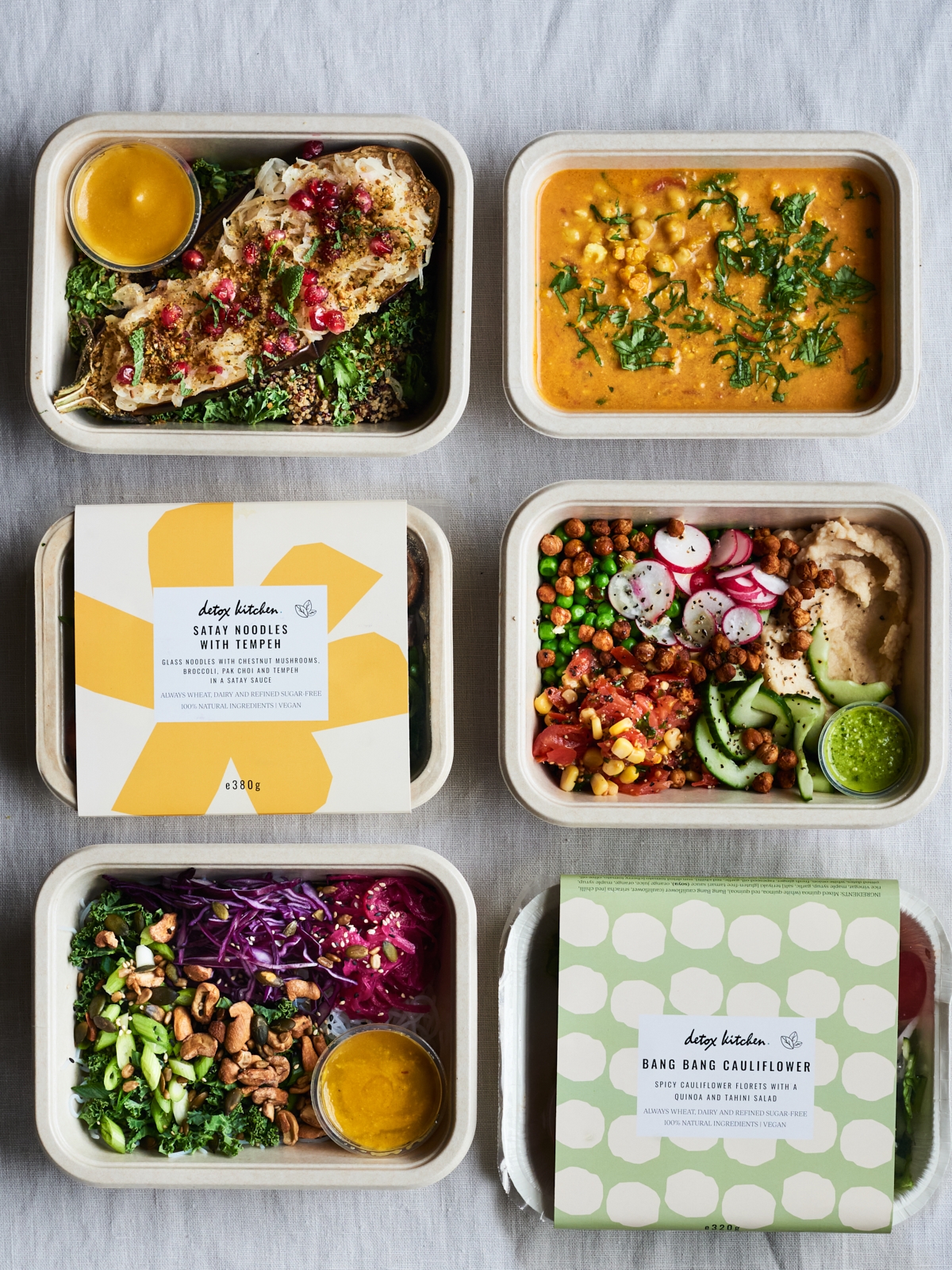11 Mar, 2019
Nutrition & productivity in the workplace
A good diet nourishes the body and supplies it with the essential nutrients required to function properly whilst also optimising energy levels. When you don’t give your body what it needs, overall wellbeing begins to suffer, energy levels are compromised, and this can all impact on how productive you are across the day. Rob Hobson explains what we should be consuming to boost our productivity and outlines a day on a plate for optimum efficiency.
WorkIt doesn’t take a rocket scientist to figure out that there is a link between what you eat and how well you perform. A good diet nourishes the body and supplies it with the essential nutrients required to function properly whilst also optimising energy levels. When you don’t give your body what it needs, overall wellbeing begins to suffer, energy levels are compromised, and this can all impact on how productive you are across the day. During your working day, there are many ways in which diet quality can affect productivity such as:
- Fatigue
- Low energy levels
- Irritability
- Inability to think clearly
- Higher levels of stress and depression.
How does diet affect productivity?
A diet rich in processed foods can lead to imbalanced blood sugar levels which can encourage energy slumps and fatigue during the day, which has the potential to limit productivity. Eating this type of diet can also encourage weight gain, which not only contributes to fatigue but also impact on self-esteem. How you eat can lead to irritability and affect your mood, which will make doing your job more difficult. Skipping meals and dosing up on sugary snacks and drinks is likely to zap you of energy. Poor nutrition can also contribute to mental health and especially so in people who may already be struggling with a diagnosed disorder as symptoms may worsen when you’re not eating well.
What foods help to maintain good brain health?
The food you eat plays a key role in keeping your brain healthy which helps to improve specific mental tasks such as memory and concentration. Brain healthy foods include oily fish such as salmon. This type of fish contains omega 3 fatty acids, which make up half of the fat found in your brain. Your brain uses these fats to build nerve cells, which are essential for learning and memory. Dark blue and purple foods such as blueberries are good too as they contain a group of antioxidants called anthocyanins which help to combat free-radical damage to cells and reduce inflammation, which can cause brain cell ageing. Don’t forget to eat your greens as these contain a good source of vitamin K, which is required in the formation of a type of fat which is densely packed into brain cells. Be sure to also make the most of nuts and seeds as they are a rich source of magnesium, which is essential for learning and memory. Low levels of magnesium have also been associated with anxiety.
What should you eat for productivity?
To make the most of your diet for productivity, try choosing well balanced meals made up of lean proteins, complex carbohydrates (brown rice, rye bread, quinoa), healthy fats (nuts, seeds, avocado) and plenty of vegetables (more colourful the better). This combination of protein, fibre and fat is a great way to keep energy levels up between meals and ward of snack cravings.
What meals should I choose?
Eggs or oats are a good way to start the day as they offer a wide variety of nutrients and protein. Try a dish of lean meats, lentils and pulses for lunch as protein is especially good at maintaining satiety and combatting afternoon energy slumps. Keep your evening meal light and pack it full of nourishing ingredients. Sleep is a big issue when it comes to productivity and diet can help. Try combining tryptophan rich foods like poultry or tofu with a carbohydrate such as brown rice or quinoa as this can help with the production of melatonin which helps to control the seep cycle. If you need to snack during the day to top up on energy between meals then go for something healthy such as oat bars, protein balls, lean meats, nuts, seeds or fruit.
Written by Rob Hobson. Rob Hobson is a registered nutritionist (BSc, MSc, AFN), published author and food writer. Rob has 15 years of experience working with some of the UK’s leading food companies, government agencies, NHS and private clients as well as regularly writing in the media for publications including the Daily Mail online.
If you enjoyed this blog post and would like to have similar content neatly packaged up and sent to your inbox each week, then sign up to our newsletter below! Our weekly digest is the only place to hear about exclusive offers, as well as receive seasonal recipes & to be entered into our monthly prize draw for a 3-day detox.



